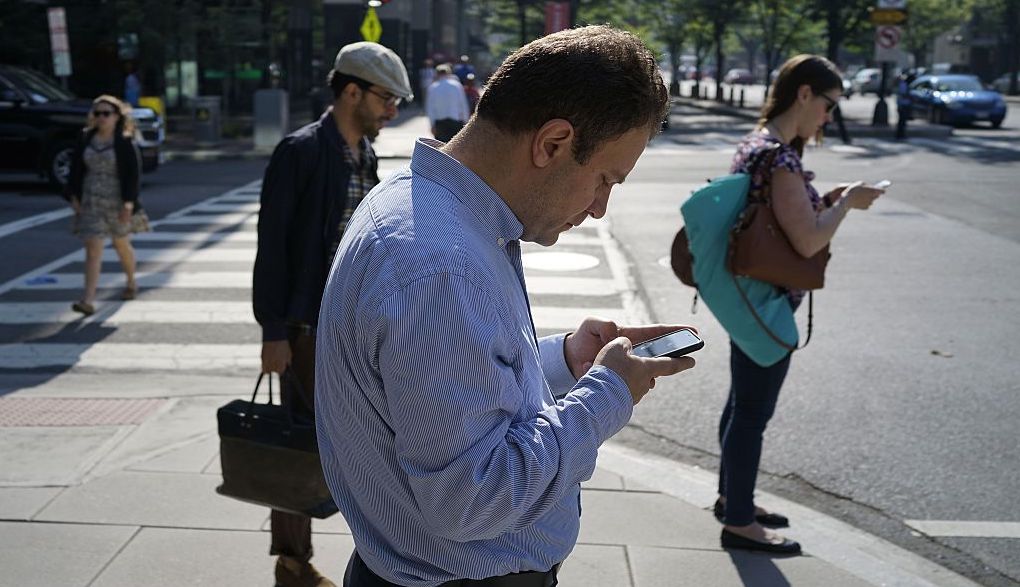Philip Aldrick, economics editor of The Times has a super-interesting piece about boredom. Or rather, the abolition of boredom:
Yes, there’s always something to read, watch, listen to or interact with online — and smartphones mean we never need be offline. As a result human attention has been maxed out — there is nothing more for us to give:
Personally, I hope that sleep wins that particular struggle.
Aldrick describes attention as as a “commodity” which I guess it is when it is captured and sold on to advertisers. But with paid-for content, it’s better to think of attention as a limited capacity for consumption in a world of essentially unlimited production:
And that’s just one category of online content. Still super-abundance is a good thing for consumers, isn’t it?
Not necessarily. Aldrick warns us that quality isn’t the only basis on which content providers compete. There are all sorts of ways in which our attention can be manipulated. Thus we end up devoting our limited time to the consumption of rubbish, even though there’s plenty of good stuff to go round.
There’s a parallel between the digital and the food industry. As is the case with our appetite for entertainment, our appetite for food is limited — and thus insufficient to absorb all the calories that modern agriculture is capable of producing. Even when we overeat, there’s a point at which we’re just not hungry anymore. If we eat more of one thing, we’ll eat less of another.
Producers and retailers are thus locked in a zero sum game. Some of them may win on quality, but others will seek to hijack our own worst instincts and use against our best interests. Which is why hyper-palatable, but unhealthy, food is pushed upon us from every side.
It’s not that healthy food is unavailable or unaffordable — in most places, there’s never been more of it.
But in a time of plenty, it is attention-grabbing addictive junk, whether for eyes or stomach, that has the advantage.











Join the discussion
Join like minded readers that support our journalism by becoming a paid subscriber
To join the discussion in the comments, become a paid subscriber.
Join like minded readers that support our journalism, read unlimited articles and enjoy other subscriber-only benefits.
Subscribe